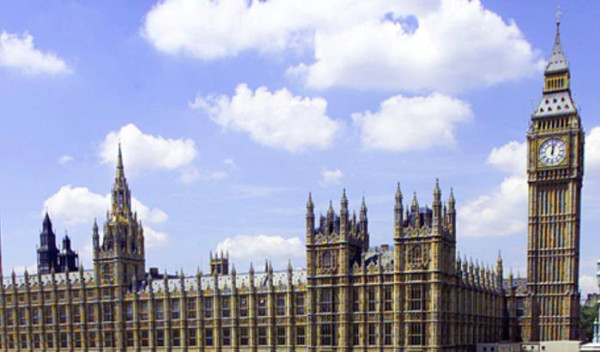

The UK is heading to the polls on December 12 after MPs backed prime minister Boris Johnson’s election bid this week.
As politicians start knocking on doors and the campaign season gets into full swing, advisers have urged future representatives to ensure their stint in power provides certainty, particularly in the pensions and housing sectors.
Here are three things advisers want from a new government:
1 Certainty
Advisers said certainty was the most important outcome of the December election as instability was causing problems for the economy in general, consumer confidence and any forward planning they are trying to do for their clients.
Political uncertainty, and in particular Brexit, has been touted as the reason for a stagnant housing market over the past two years as well as the impetus for investors to pull money from equities.
It has also led to a lack of progress from the government on topics such as pensions, social care and tax shake ups.
Nick Morrey, product technical manager at John Charcol, said: "What most brokers want is an end to Brexit uncertainty.
"So what we want is someone to get a workable majority to just get it done."
Alistair Cunningham, financial planning director at Wingate Financial Planning, agreed, adding he wanted “greater political stability” as although global economies were fairly solid, consumers were being "spooked" by political uncertainty.
Director of the Money Group, Martin Stewart, said the "greatest gift" the election could give was certainty, while Paul Gibson, financial planner at Granite Financial Planning, thought all advisers wanted Brexit resolved "one way or another".
2 Pensions
Advisers also flagged both pensions tax and the state pension as vital areas of concern for a new government.
Mr Gibson thought the primary piece of pensions legislation in need of attention was the tapered annual allowance which was introduced in 2016 and gradually reduces the allowance for those on high incomes, meaning they are more likely to suffer an annual tax charge on contributions and a lifetime allowance tax charge on their benefits.
The taper means that for every £2 of adjusted income above £150,000 a year, £1 of annual allowance will be lost.
Mr Gibson said: “The tapered annual allowance needs to be abolished as it is a terrible piece of legislation.”
The taper had caused a number of doctors to leave their NHS pension scheme while others turned down overtime work to ensure they were not landed with a hefty tax bill.
Ricky Chan, director at IFS Pensions & Wealth, said he wanted the future government to knuckle down with plans for the state pension.
He thought the state pension's 'triple lock guarantee' — where it rises annually by a minimum of either inflation, average earnings or 2.5 per cent — was unsustainable, especially as demographics changed and the number of people in retirement will grow.
He added: "The government has also pushed up the state pension age and it is likely to be way above 70 in the future. This creates inherent intergenerational unfairness. The younger generation may not even receive a state pension or at best only benefit from it for a short time compared with current retirees.
"The government has a fine balance to make between a sustainable state pension, welfare system and intergenerational fairness. The system should benefit current and future retirees in a fair way."
The election also has ramifications for the long-awaited Pensions Bill, which pledged new rules for pension dashboards, collective defined contribution schemes, and new powers for The Pensions Regulator in the Queen’s Speech earlier this month (October 14), as it will see the bill significantly delayed.
The bill was scheduled for a second reading in the House of Lords yesterday (October 30) but the session was cancelled.
3 Housing
The housing market has experience a dampened three years, with transaction numbers and average house prices slowly decreasing.
But there are also problems in the buy-to-let market, where successive pieces of regulation have made it harder for landlords to operate economically.
Mr Morrey thought a future government should tackle this issue to help landlords.
He said: “We would like to see some of the burden on landlords lifted — especially on income tax treatments and stamp duty as they seem a little unfair."
Mr Stewart agreed, adding the housing market needed assistance in a number of ways from stamp duty reform to solving the cladding issues on new builds.
According to Mr Chan, housing issues were of prime importance for any new government, particularly those in London.
The House of Commons on Tuesday (October 29) voted to back the General Election bill by 438 votes to 20.
The bill then flew through the House of Lords the following day, with an election date now set for December 12.
imogen.tew@ft.com
What do you think about the issues raised by this story? Email us on fa.letters@ft.com to let us know.



